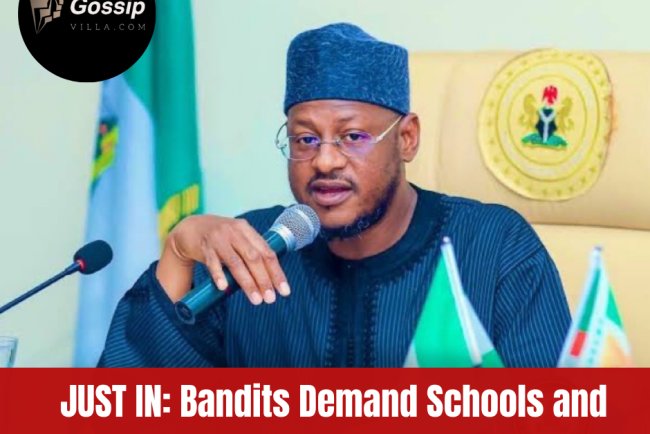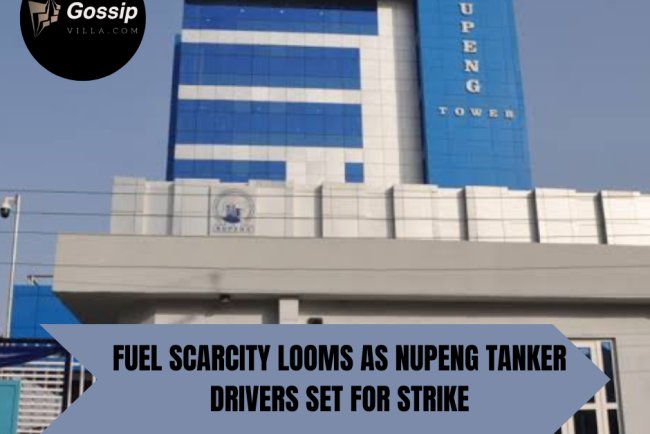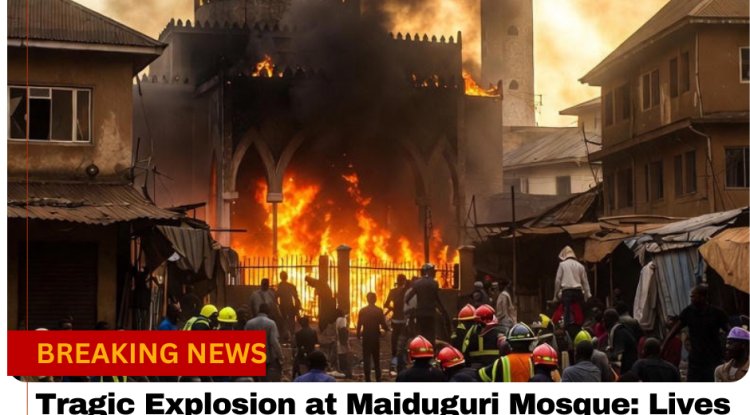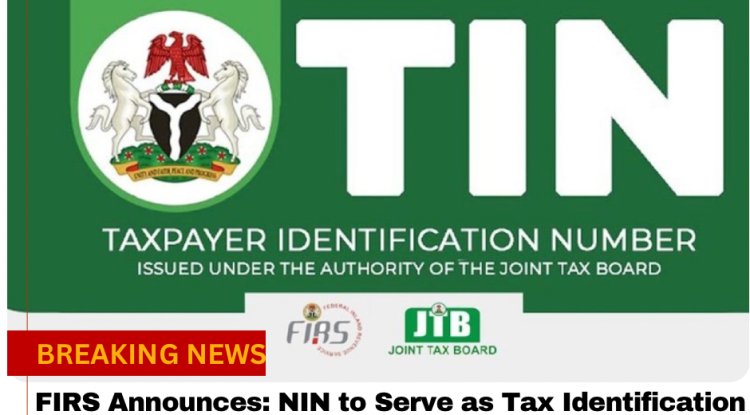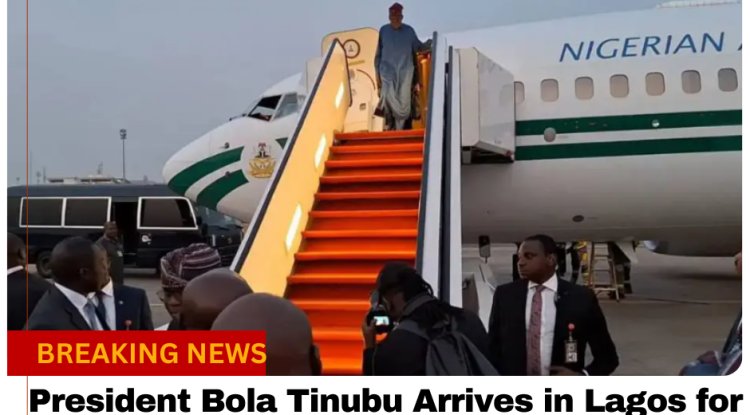PDP South-West Chieftain Defects to APC Ahead of 2027 Elections
PDP South-West Chieftain Defects to APC Ahead of 2027 Elections
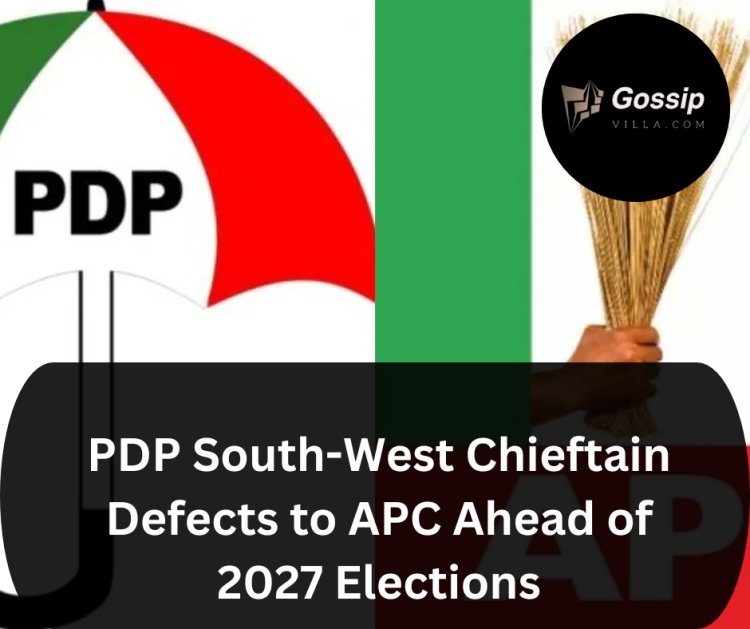
PDP South-West Chieftain Defects to APC Ahead of 2027 Elections
A prominent chieftain of the Peoples Democratic Party (PDP) in the South-West region has officially defected to the ruling All Progressives Congress (APC), in what many analysts describe as a major political realignment ahead of the 2027 general elections.
The chieftain, whose name has been withheld pending an official APC welcome rally, confirmed his defection over the weekend, citing a “lack of internal democracy, unresolved leadership crises, and poor strategic direction” within the PDP as reasons for his decision.
Speaking during a brief interaction with journalists, he explained that his move was driven by a desire to align with “a more stable political platform” capable of delivering governance and development to Nigerians. He added that the APC, despite criticisms, has shown “greater cohesion and direction” in its political structure.
Sources within the APC revealed that high-ranking party officials had been in talks with the PDP leader for months before the decision was made public. It is expected that the official reception into the APC will be held in Lagos in the coming days, with key figures in the ruling party present.
Political observers have noted that defections of high-profile opposition members are becoming increasingly common as politicians reposition themselves ahead of 2027. The development, they argue, may further weaken the PDP’s chances in the South-West, a region that has historically been a battleground for political dominance.
Meanwhile, PDP supporters have expressed disappointment, describing the move as “betrayal at a critical time.” Some party loyalists insisted that defections will not derail their mission to reclaim power at the national level, stressing that the PDP remains the “true alternative” to the ruling APC.
The defection adds to the series of political realignments that have continued to shape Nigeria’s democratic landscape, raising critical questions about party loyalty, ideology, and the future of opposition politics in the country.
What's Your Reaction?







